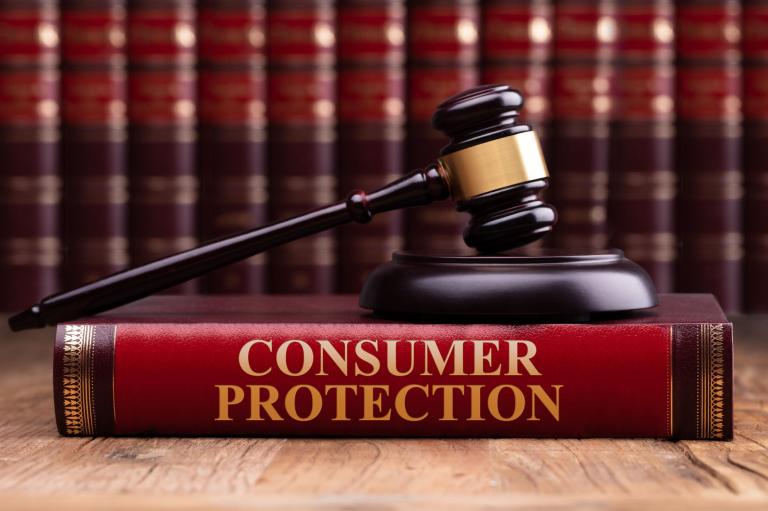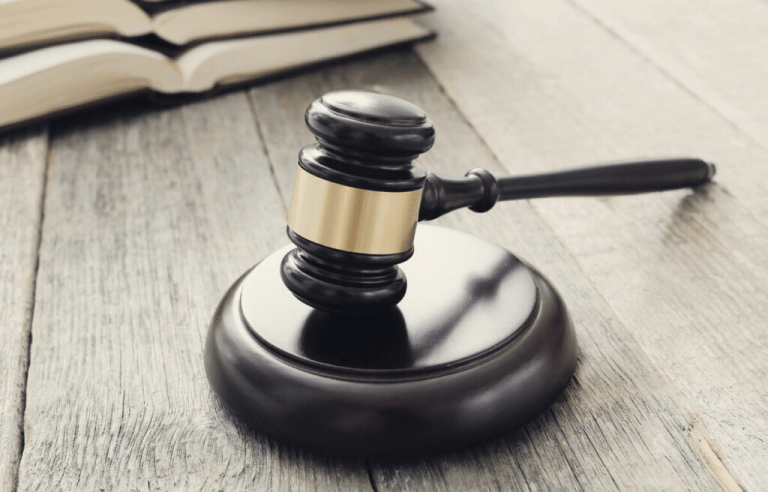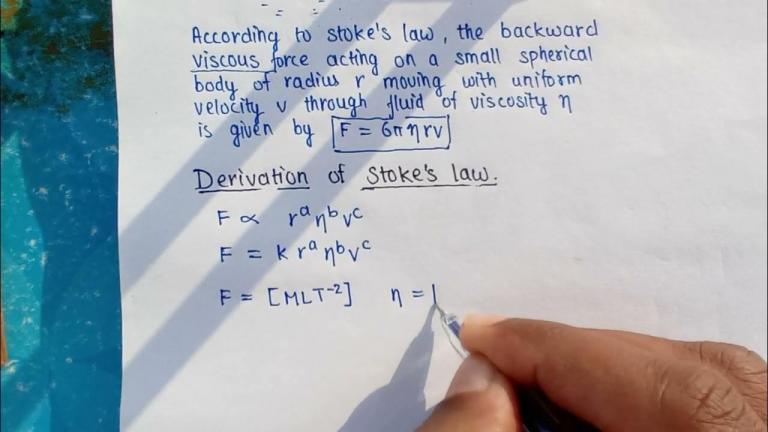
In the intricate tapestry of legal proceedings, the act of withholding evidence emerges as a shadowy veil that can obscure the pursuit of truth and justice. This enigmatic phenomenon, characterized by the suppression or concealment of evidence that may be unfavorable to a particular party, raises profound ethical and legal considerations. This article delves into the labyrinthine causes that underlie withholding evidence, shedding light on its implications and the challenges it poses to the integrity of legal processes.
The Unseen Forces: Causes of Withholding Evidence Adverse
Behind the act of withholding evidence adverse lie an array of complex motivations and incentives. These causes, often shrouded in secrecy, can impact the fairness of legal proceedings and undermine the principles upon which justice stands.
Fear, a powerful driving force, can lead to the withholding of adverse evidence. Parties may fear that the revelation of unfavorable information could jeopardize their position, tarnish their reputation, or even result in legal consequences. This fear can compel individuals to choose silence over transparency, perpetuating an environment where truth remains elusive.
Strategic Maneuvering Withholding Evidence Adverse
The consequences of withholding adverse evidence extend beyond the immediate legal verdict. Unearthed truth, when suppressed, may resurface in the future, casting a shadow of doubt on past decisions and prompting prolonged legal battles.
Legal battles are often waged with strategic precision, and withholding evidence adverse can be employed as a tactical maneuver. Parties may calculate that by suppressing certain information, they can tip the scales of advantage in their favor, creating a skewed narrative that obscures the broader truth.
Preserving Relationships Withholding Evidence Adverse
The intricate web of human relationships can also play a role in withholding adverse evidence. Loyalties, alliances, and personal connections may lead individuals to shield adverse information to protect others or maintain a facade of unity, even at the cost of subverting justice.
Complexity and Overwhelm Withholding Evidence Adverse
The labyrinthine nature of legal proceedings can overwhelm parties, leading to the inadvertent withholding of adverse evidence. The sheer volume of information, combined with legal complexities, may result in certain evidence being overlooked or underestimated in its significance.
Ethical Quandaries Withholding Evidence Adverse
Ethical dilemmas loom large in the realm of withholding adverse evidence. Individuals may grapple with the tension between their duty to truth and their obligations to clients, employers, or personal interests. Navigating these moral crossroads can shape decisions about whether to disclose or suppress adverse evidence.
Erosion of Trust Withholding Evidence Adverse
A cornerstone of legal systems is the trust placed in the integrity of evidence and proceedings. Withholding adverse evidence erodes this trust, casting doubt on the fairness of the legal process and diminishing public confidence in the pursuit of justice.
Distorted Outcomes Withholding Evidence Adverse
The suppression of adverse evidence can distort legal outcomes, leading to judgments that are founded on incomplete or manipulated information. This distortion thwarts the principles of fairness and impartiality upon which justice stands.
Undermining Accountability Withholding Evidence Adverse
Accountability hinges on the transparent presentation of all pertinent evidence. Withholding adverse evidence obstructs this fundamental tenet, shielding individuals and entities from being held responsible for their actions.
Encouraging Disreputable Practices
The prevalence of withholding adverse evidence can inadvertently foster a culture where disreputable practices are tolerated or even rewarded. This perpetuates an environment where deceit and manipulation thrive, undermining the ethical bedrock of legal proceedings.
Striving for Transparency and Justice
As the causes of withholding adverse evidence come to light, the imperative for transparency and ethical conduct becomes ever more pronounced. To uphold the ideals of justice, legal systems and individuals must navigate the labyrinth of motivations, cultivate a commitment to truth, and create an environment where the suppression of adverse evidence is an anomaly rather than a norm.
Conclusion
The act of withholding adverse evidence remains a complex and multifaceted enigma within the realm of legal proceedings. Driven by a mosaic of motivations, it underscores the delicate balance between self-interest and the pursuit of justice. As legal systems grapple with the challenges posed by this phenomenon, the clarion call for transparency, ethical conduct, and a steadfast commitment to truth becomes ever more resounding. By peeling back the layers of withholding adverse evidence, society strives to unravel the intricacies of human behavior and fortify the foundations upon which justice stands.






